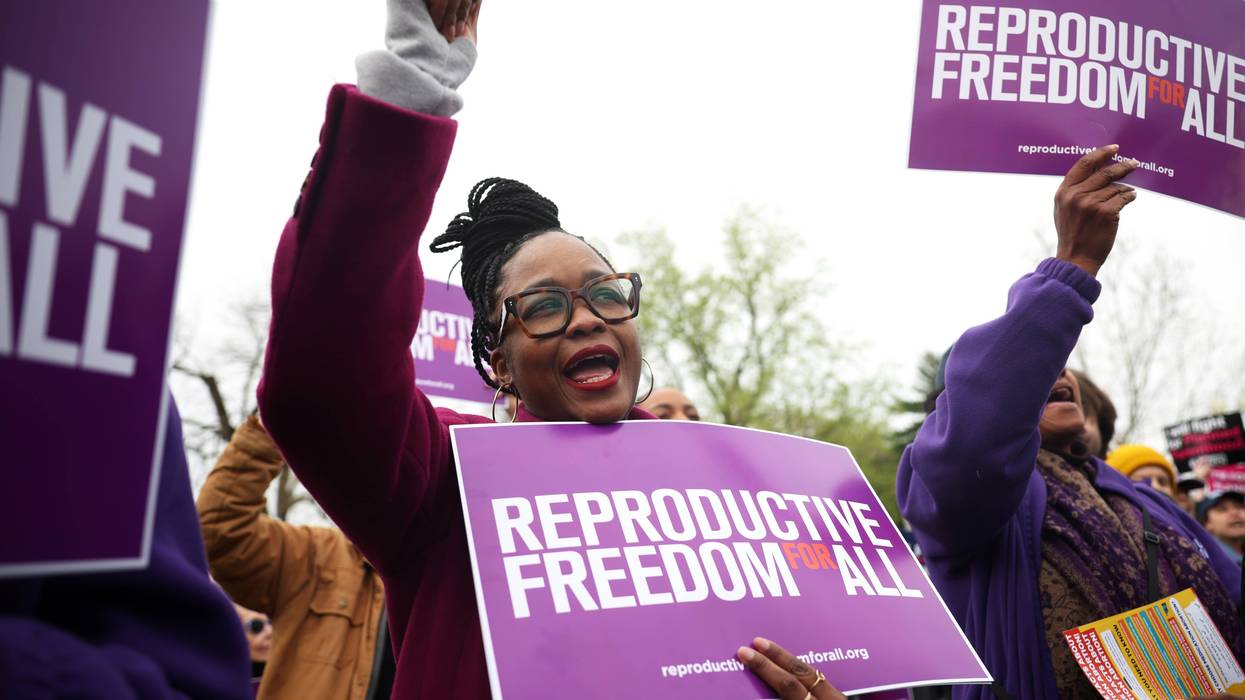This week's announcement by International Monetary Fund (IMF) First Deputy Managing Director Geoffrey Okamoto of a planned allocation of $650 billion worth of Special Drawing Rights (SDRs) is a "good first step," Center for Economic and Policy Research (CEPR) Co-Director Mark Weisbrot said. The amount is much less than the 2 trillion in SDRs supported, and included in legislation passed by the US House of Representatives, as well as legislation introduced this year in the Senate.
The IMF has also warned of the serious risks that some developing countries face if long-term interest rates rise quickly, leading to large amounts of capital outflows.
"This could cause major economic crises in developing countries, as has happened in the past," said Weisbrot. "The human toll of such crises, given the pandemic and the economic damage already done, could be enormous. That's why it's so important to get these SDRs to countries as soon as possible, and then follow up with more."
The yield on the benchmark 10-year US Treasury note has risen from 0.5 percent in August of last year to more than 1.6 percent today.
"It's been a struggle both inside and outside of Congress, for more than a year, to get to this point where the US government is no longer blocking what almost all of the IMF's 189 member countries have very much wanted," said Weisbrot. "And this is something that doesn't cost the US government or taxpayers anything." More than 110 organizations, representing tens of millions of Americans, have supported this effort.
More people have died from the impact of the pandemic-induced world recession than from the virus itself. For example, many millions of children have suffered from malnutrition as a result of economic losses, and the malnourishment makes them more susceptible to diseases that kill them.
Okamoto, the number two official at the IMF, told reporters on Monday of the planned allocation of SDRs. "The goal would be to make that allocation some time this summer. I would hope it's on the early side of the summer," he said.
Although Congress will not vote on the US agreement to this allocation of SDRs, US law still requires that, regardless of the amount, the Treasury Department must notify Congress at least three months before the US government votes to approve it at the IMF. The Treasury officially notified Congress on April 1.
Weisbrot noted that world leaders and health experts have repeatedly warned that no country will be safe from the pandemic until all countries are safe from it.
The US House of Representatives passed legislation twice last year supporting an allocation of 2 trillion SDRs, but the Trump administration was opposed, and Republicans blocked matching legislation in the Senate. Earlier this year, new legislation supporting a 2 trillion SDR issuance was introduced in both the House and Senate. The US Conference of Catholic Bishops and over 200 civil society organizations from around the world have called on the G20 group of countries to support an allocation of $3 trillion worth of SDRs.
US law prohibits the US government from supporting more than about $650 billion of SDRs at the IMF, without approval by Congress, and Republicans are currently blocking congressional approval. Because an issuance of SDRs at the IMF cannot take place without the US voting in favor, the IMF issuance of SDRs is limited to $650 billion.





